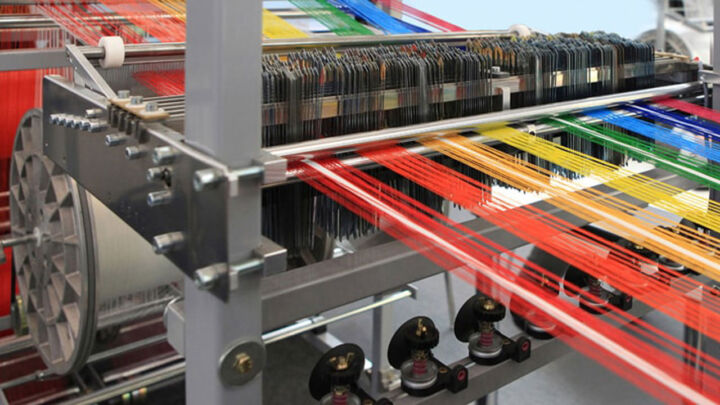Poor implementation of the patronage policy, high cost of production, high level of importation, smuggling among other challenges have continued to undermine Nigeria’s textile sector, shrinking the number of viable textile firms to less than 20 from 175 firms in 1985.

According to the Nigerian Textile Manufacturers Association (NTMA), the textile sector, which used to be the highest employer of labour, lost at least 117,000 jobs within 26 years, with more losses underway without government’s intervention.
The association noted that the industry’s declining export capacity, having led to the loss of preferential market access in the EU and US, was attributable to inconsistent implementation of Export Expansion Grant (EEG) policy, particularly, the perennial backlog of EEG claims, and the inconsistencies in the implementation of ECOWAS Trade Liberalisation Scheme.
NTMA added other factors to include, high-cost production that has rendered its products non-competitive; unrestrained smuggling and counterfeiting of Made-in-Nigeria textiles; poor patronage despite Federal Government’s Executive Order 003 of 2017, inadequate and costly electricity supply, poor infrastructure, high taxation and interest rates, high cost of diesel and LPFO and the depreciating value of the naira.
NTMA President, Folorunsho Daniyan, while speaking on the state of the textile industry in Nigeria and its lack of competitive edge, noted that its membership had shrunk from 175 firms in 1985 to less than 20 in 2022.
“Employment-wise, the number of jobs provided by the industry took a dive from 137,000 jobs in 1996 to 24,000 jobs in 2008. Today the number of jobs provided in the industry is less than 20,000 jobs,” explained Daniyan.
The NTMA president also stated that Nigerian textiles used to be exported to West and Central Africa but suffered a setback between 2003 and 2008.
“Textile exports reached their lowest ebb in 2006. However, it recovered some lost ground in 2007 and 2008. Today, the situation is even worse as our exportability is next to zero,” he added.
Daniyan warned that the promised benefits of the African Continental Free Trade Agreement (AfCFTA) would elude Nigeria if illegal imports of textile fabrics and other products that Nigeria can produce locally continue to find their way into its markets unchecked.
“However, the NTMA, along with our labour union, wishes to acknowledge some measures by the Federal Ministry of Industry, Trade and Investment, the Central Bank of Nigeria (CBN), and the Bank of Industry (BOI) aimed at the textile industry revival and called for urgent stakeholders meeting that must include the Union to objectively review some of these measures to ascertain the level of success as well as the challenges.
“We are also calling on President Muhammadu Buhari to ensure holistic implementation of the Cotton Textile Garment (CTG) policy. The textile industry remains a critical plank for addressing the current high level of unemployment and attendant security challenges in the country,” Daniyan said.
He mentioned that a fully-revived textile industry would create millions of jobs and address insecurity, improve internally generated revenue, reduce billions of dollars in import bills incurred annually on textile and apparel, and ensure foreign exchange earnings.
“We also urge the state governments to complement the federal government’s efforts through complementary bold industrial policies that will revive closed factories in their localities such as the provision of infrastructure, granting of genuine tax incentives, and patronage of made-in-Nigeria products,” he added.
Textile Union President, John Adaji, said the union had lost about 3,000 members in the past 12 months.
According to him, as of 2008, it had about 24,000 members, which had shrunk to 13,000 in 2020.
He lamented the sector’s inability to compete favourably at the international market due to inadequate infrastructure, pointing out that the N100 billion textile fund by the federal government in 2019 to salvage the ailing textile sector was difficult to access.
Support InfoStride News' Credible Journalism: Only credible journalism can guarantee a fair, accountable and transparent society, including democracy and government. It involves a lot of efforts and money. We need your support. Click here to Donate
